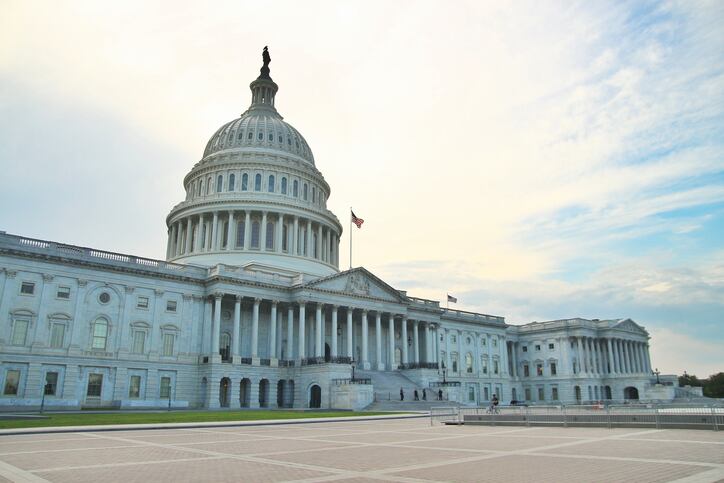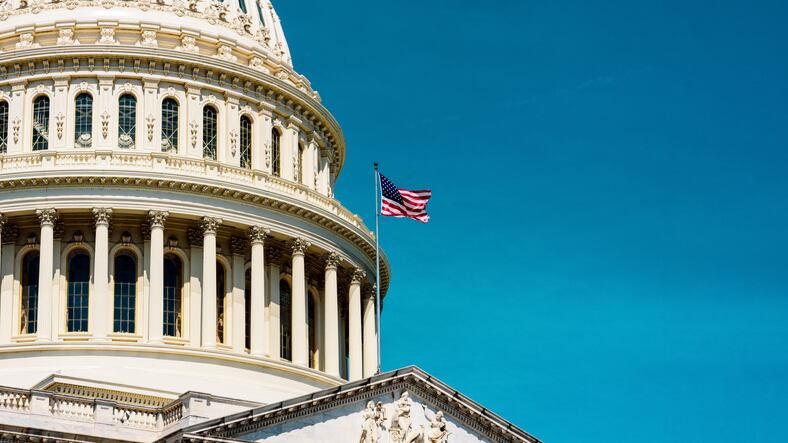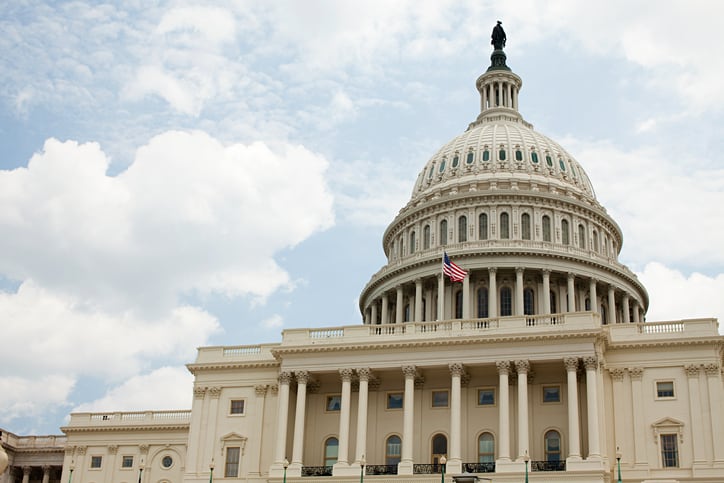Mandatory product listing (MPL) language has been attached to a bill reauthorizing FDA user fees in the drug and medical device sectors. These fees have been collected for years, and the periodic reauthorization bills have been boilerplate affairs typically inviting little in the way of comment or opposition.
Fees bill used as vehicle for supplement, cosmetics provisions
However, this year the Senate version of the bill, designated as the Food and Drug Administration Safety and Landmark Advancements (FDASLA) Act of 2022 (S. 4348), contains language meant, in the words of the bills’ sponsors, Sen. Patty Murray, D-WA, and Sen. Richard Burr, R-NC, to “provide long overdue oversight of cosmetics and dietary supplements.” It requires companies to submit labels and other information to FDA before going to market and contains other provisions specific to the supplement industry.
A US House of Representatives version of the fee reauthorization bill has passed that contains no MPL provisions.
MPL is an idea that has gained some traction within the industry as part of the informal ‘DSHEA 2.0’ discussions regarding how the basic federal dietary supplement regulation might be updated to better match the modern market.
It’s also something that Cara Welch, PhD, head of FDA’s Office of Dietary Supplement Programs, has publicly advocated for on several occasions. She has said having a better idea of what supplements are on the market would improve FDA’s ability to police the industry.
AHPA, along with the Natural Products Association (NPA), has consistently argued against the need for and wisdom of making a premarket listing procedure mandatory. And even among organizations that have been friendly to the idea, such as the Council for Responsible Nutrition (CRN) and the Consumer Healthcare Products Association (CHPA), the language in the Senate fees bill has been seen as overly broad.
Letter from US Representatives opposes MPL
An AHPA statement released today indicated that industry pushback has already had at least some effect. According to the AHPA statement, Rep. Jeff Duncan, R-SC, plans to send a letter to the House leadership requesting that the MPL language be stripped from any reauthorization bill that would pass the combined houses.
In the letter, Duncan says MPL provisions had been added to the fees bill without proper debate. In addition, the bill’s language as it stands would create a new ‘prohibited act’ that would be problematical.
“What it would do is give FDA an administrative excuse to reject ingredients like CBD (cannabidiol) and NAC (N- acetyl-L-cysteine) from being marketed as dietary supplements, regardless of the science or history involved,” the letter states.
AHPA said in its statement that it has learned that Rep. Tony Cárdenas (D-CA), who is member of both the Congressional Dietary Supplement Caucus and the House Energy and Commerce Committee, will co-sign the Duncan anti-MPL letter.
“AHPA encourages you to take action now and communicate your views to your Congressional delegation,” the AHPA statement said. The organization said those members who might support MPL should make their voices heard, too.
MPL proponents oppose language in bill
Several trade groups that have been in favor of the concept of MPL in general have lined up against the fees bill because of the expansive scope of its language that goes beyond what was originally envisioned. Steve Mister, president and CEO of CRN, said his organization has been working to get the problematical language in the fees bill changed.
“We are not commenting on the MPL matter except to say negotiations continue on Capitol Hill, and we (CRN) continue to work to get our concerns addressed. We stated in an earlier announcement that we would oppose inclusion of the dietary supplement provisions in FDASLA if our issues are not addressed,” Mister said.
"CHPA remains concerned about the scope of MPL and the prohibited acts language contained in the FDASLA Act, and that is why we oppose its inclusion in the conferenced version of the bill," said March Schloss, vice president of federal government affairs for the Consumer Healthcare Products Association.
Loren Israelsen, president of the United Natural Products Alliance, said UNPA swung into the opposition column when amendments offered by Sen. Mitt Romney, R-UT, failed to be incorporated into the final bill.




